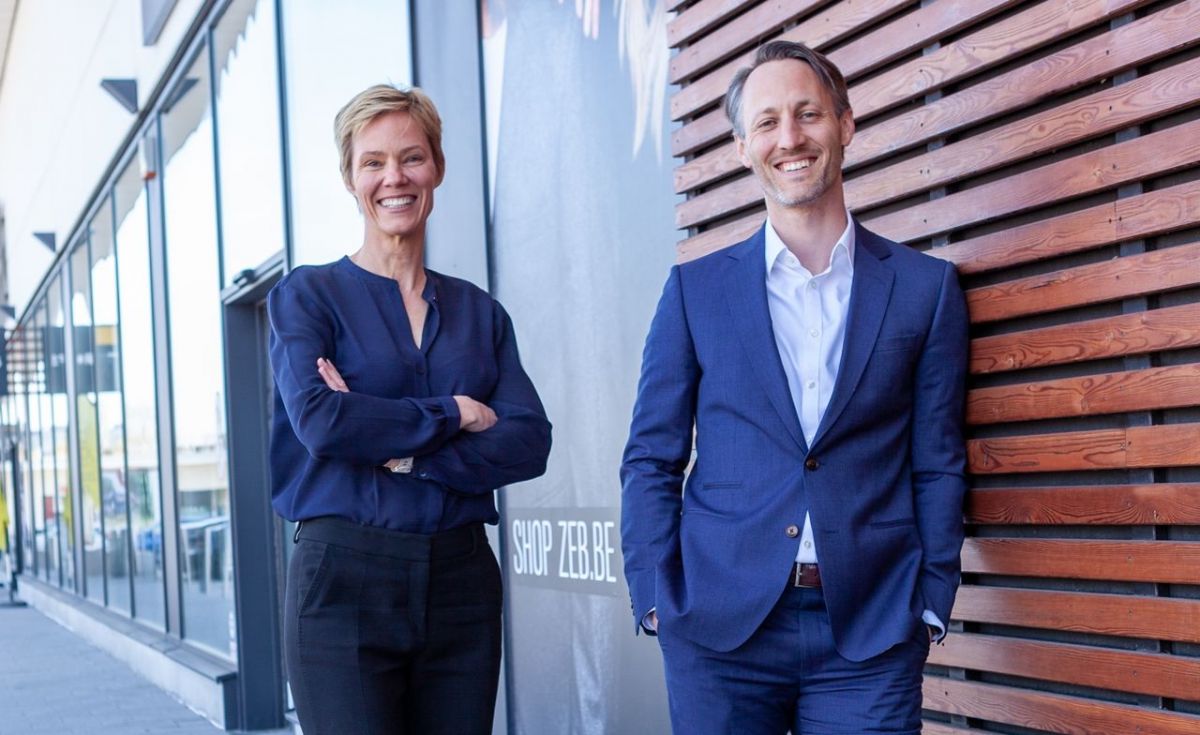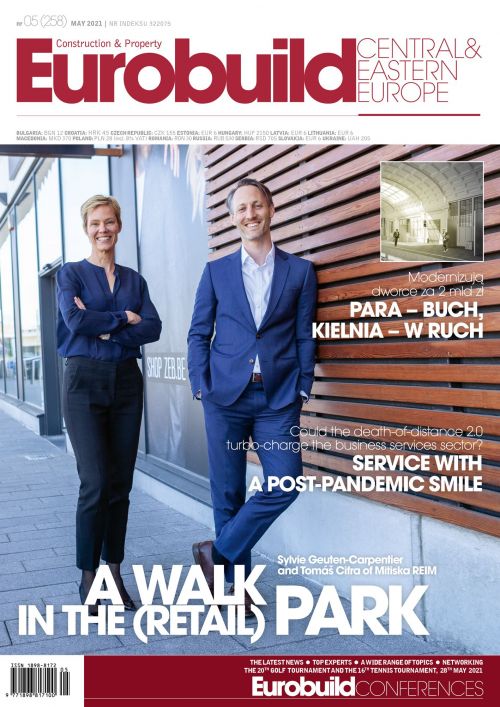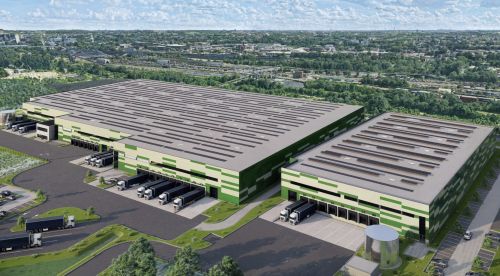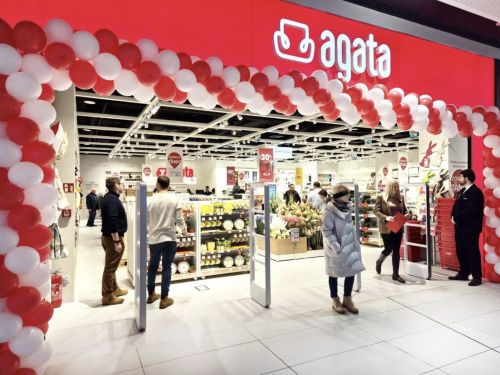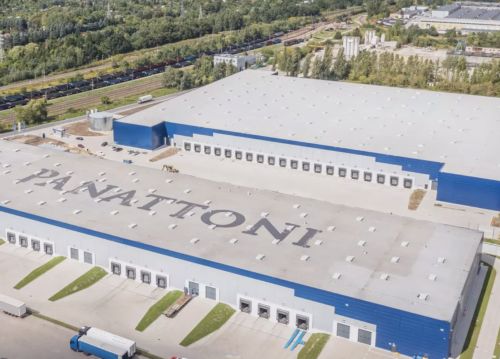As everyone knows, the retail sector has had a tough year. We all remember the queues that came trailing out of supermarkets when the lockdown restrictions were first imposed – days when almost nobody visited the large malls and pretty much the only stores that were open in them were the grocery store anchors, the pharmacists and the drugstores. Unsurprisingly, e-commerce entered a boom period, as for many goods it became the only remaining sales channel open. And with such phenomenal instantaneous growth, warehousing developers suddenly started rubbing their hands in glee as online retailers started begging them for more space to hold their stock. Across the CEE region, investment in the retail sector slumped from around 23 pct of the total invested in real estate in 2019 to around 12 pct in 2020, according to figures from Colliers.
Crisis? What crisis?
However, you have to ask yourself the question of whether everything really is as bad as it seems. Apparently, Trei, the owne
